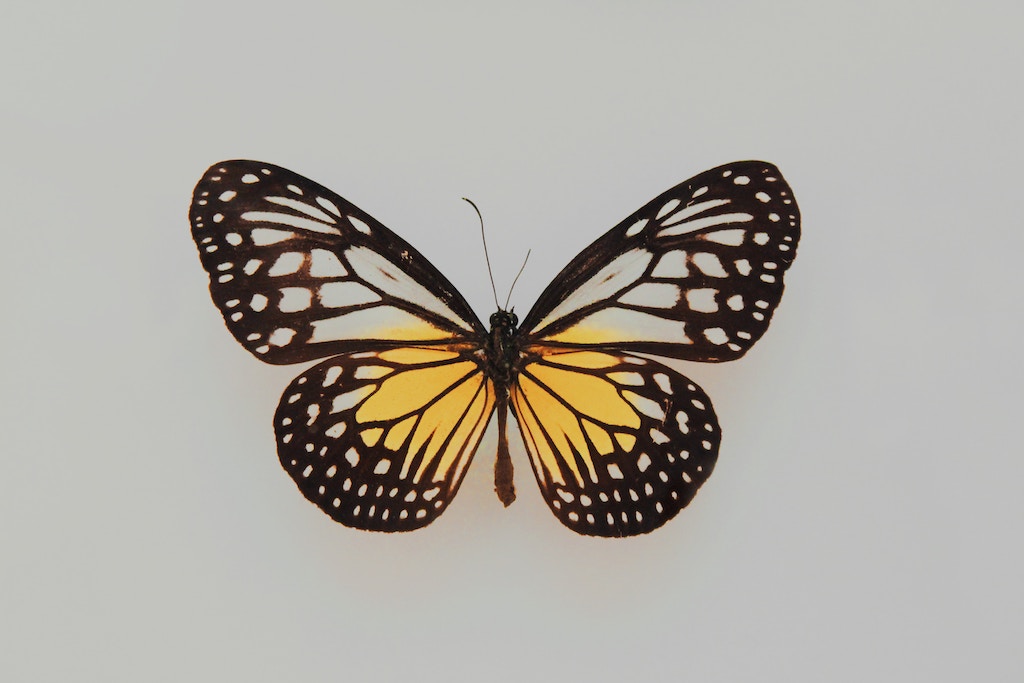
How Depression and Anxiety could be manifesting in lesser known ways
There are far more signs of depression and anxiety than we know, according to Health Reporter. Following an extensive study, the health data analytic agency found that there are a lot of symptoms of depression and anxiety that have not gotten adequate attention.
Our decreasing mental health has been a topic of discussion for many decades, driven into the limelight again following the impact of the COVID-19 Pandemic.
According to New Zealand Community and Public Health, almost one-third of people in New Zealand have a personal experience of mental distress; Members of the LGBTQIA+ rainbow community are almost twice as likely to have a personal experience of mental distress (67 percent).
Mental distress affects many New Zealanders, and you’re always encouraged to seek professional help when you need it. However waiting for a big sign to ask for help may never come, instead try looking at smaller more minute ways your mental health could be trying to tell you something.
#1 Dry mouthmouth
The first unnoticed symptom is dry mouth. Xerostomia (reduced saliva production) is brought on by mouth breathing, anti-anxiety medications, and gastroesophageal reflux disease. It's estimated that 51% of people with anxiety and 47% with depression had xerostomia. It is important because the reduced salivary flow and xerostomia can lead to oral diseases like parotitis, cheilitis, candidiasis, periodontitis, and others.
#2 Increased touchinesstouchiness
Health Reporter also found that depression and anxiety increase touchiness. In the Sensa app survey, 47.34% of respondents indicated they felt touchy "quite often," and 11.91% stated they are touchy "nearly always." All kinds of emotions, which are continuously shifting for people with depression, might cause increased touchiness. For example, a depressed individual may swing from being irritable and annoyed to being touchy within the same hour.
#3 Physical painpain
The third and most unique symptom is physical pain. Depression can cause joint pain, limb pain, back pain, gastrointestinal problems, fatigue, and trouble sleeping. There is a biological link between mental illness and physical pain. As both pain and mood are controlled by serotonin and norepinephrine, transmitters that don't work right are linked to both depression and pain.
#4 Negative bodybody image
Negative body image is associated with depression and anxiety. There is a bidirectional relationship between depression and body image. Either depression worsens our sense of our bodies, or a distorted reflection promotes depression. Study shows that it is so prevalent that one-third of people who suffer from depression are unhappy with their reflections. Although most of us associate depression and anxiety with mental challenges and pain, the truth is that this condition has physiological consequences, too.
Although these disorders are diagnosed by psychiatrists after completing various tests, there are many physical symptoms that can warn you about your mental state. Most unusual warning signs consist of increased touchiness, negative body image, dry mouth, and even physical pain. If you experience these symptoms, we would urge you to track your mental state with more attention or even to consider visiting a specialist. Although most of us associate depression and anxiety with mental challenges and pain, the truth is that this condition has physiological consequences, too.
Related Posts
Dear Men: Here are nine ways to help overcome body dysmorphia
How to combat the debilitating disorder affecting your daily life
A Queer Existence: New book reveals twenty first century struggles of the gay community
A book exploring the struggles of the gay community
Sperm Positive bank refocuses HIV+ Stigma
A world first for people effected by HIV stigma
A Blood Right: Report Supports Changing Rules for Gay and Bisexual Blood Donation
The report calls the current policy wrong and outdated
Butterfly: A short story on the importance of consent
Anna Proctor writes on the importance of consent
International Men’s Day: Signs Your Friend Could Be Struggling
Today is International Men’s Day, a day set to celebrate men around the world and raise awareness of men’s health and mental wellbeing. Suicide still remains the biggest single killer of men under 45, and males are three times more likely to comm







